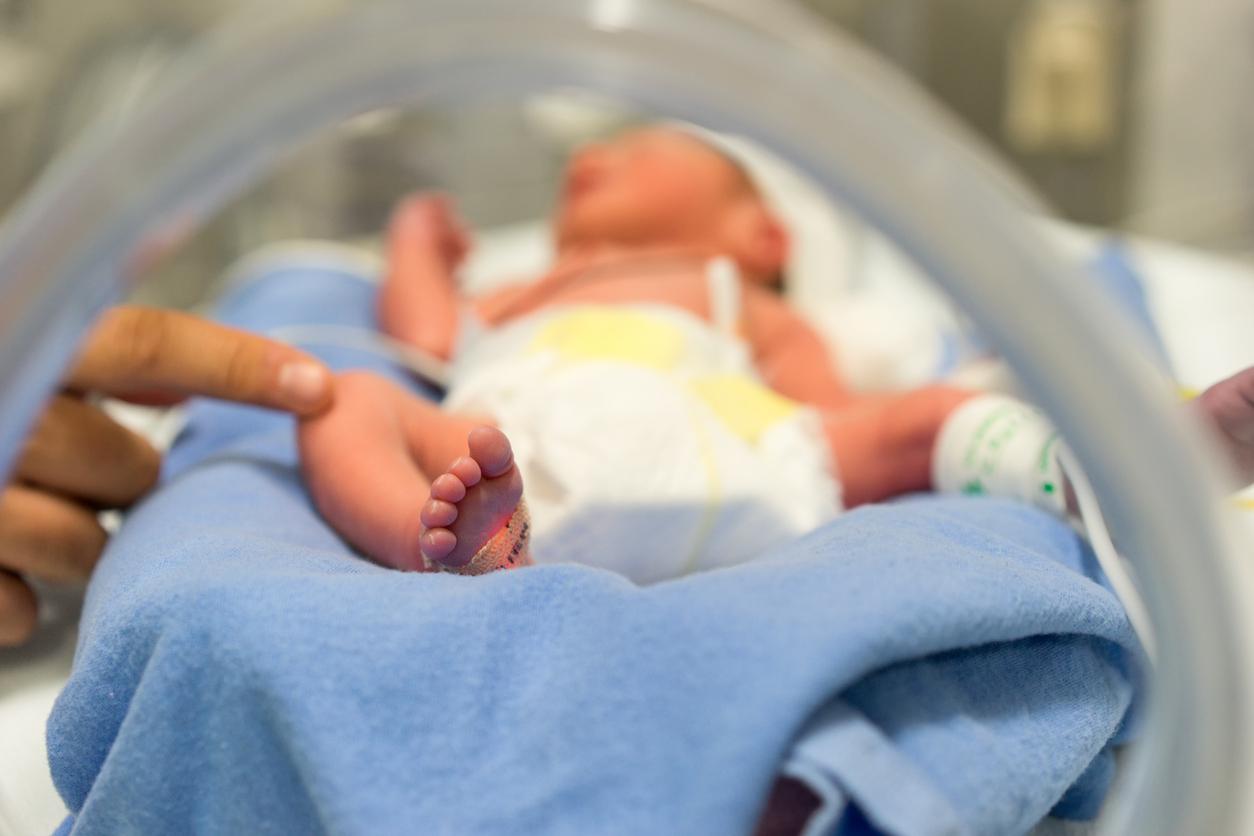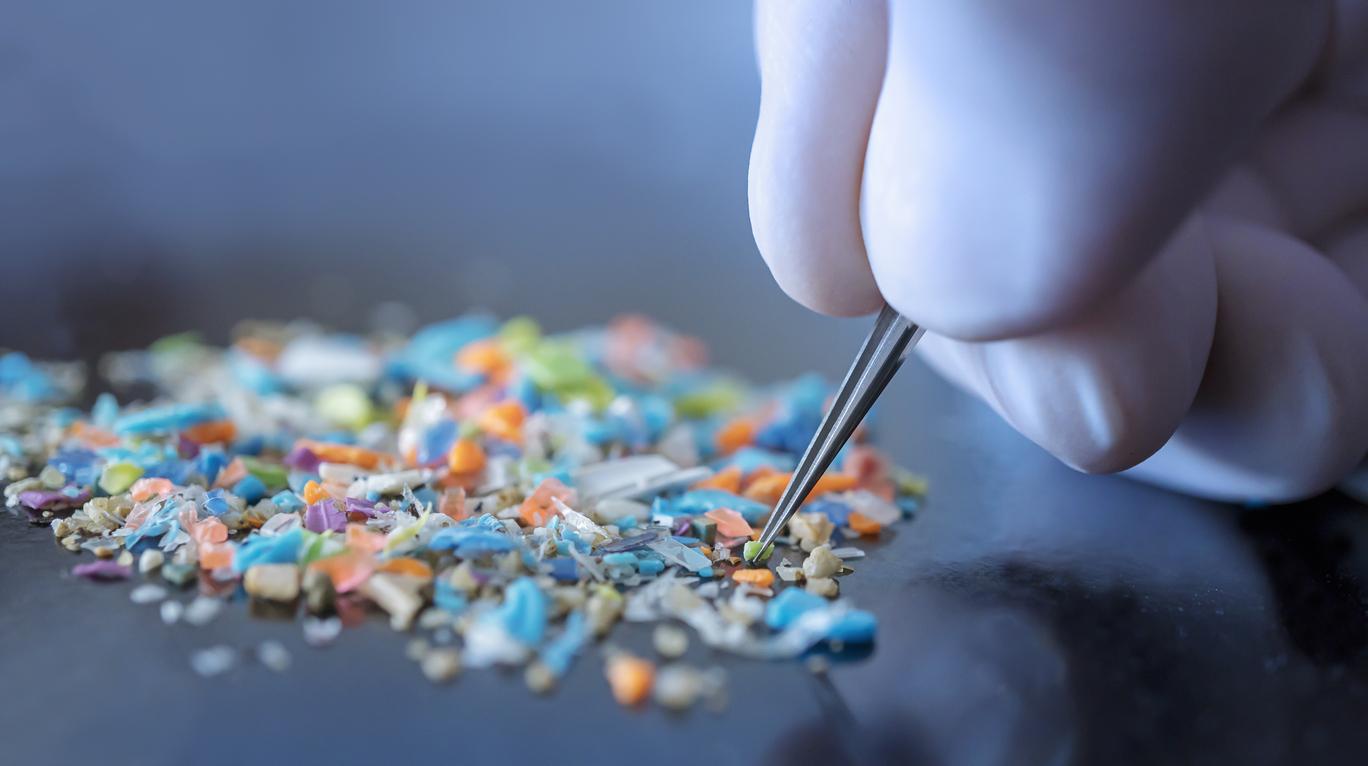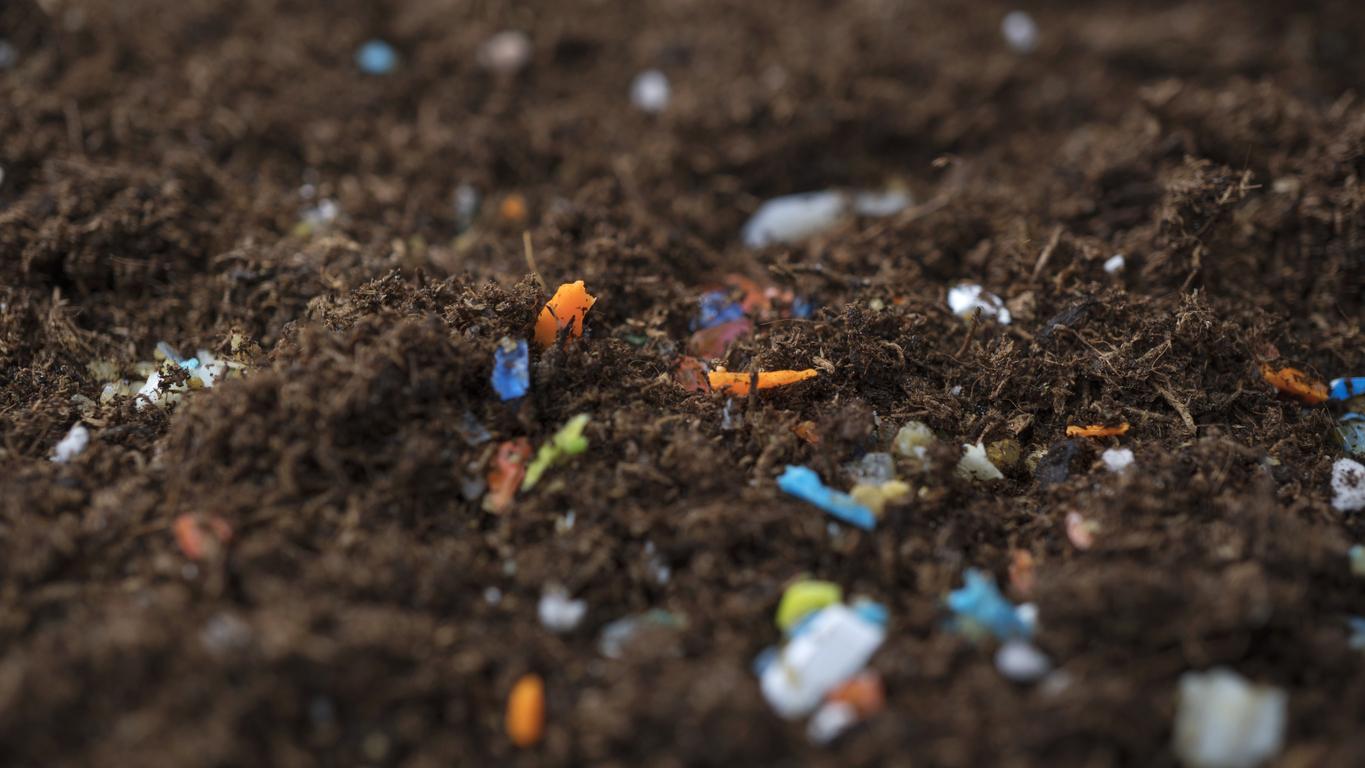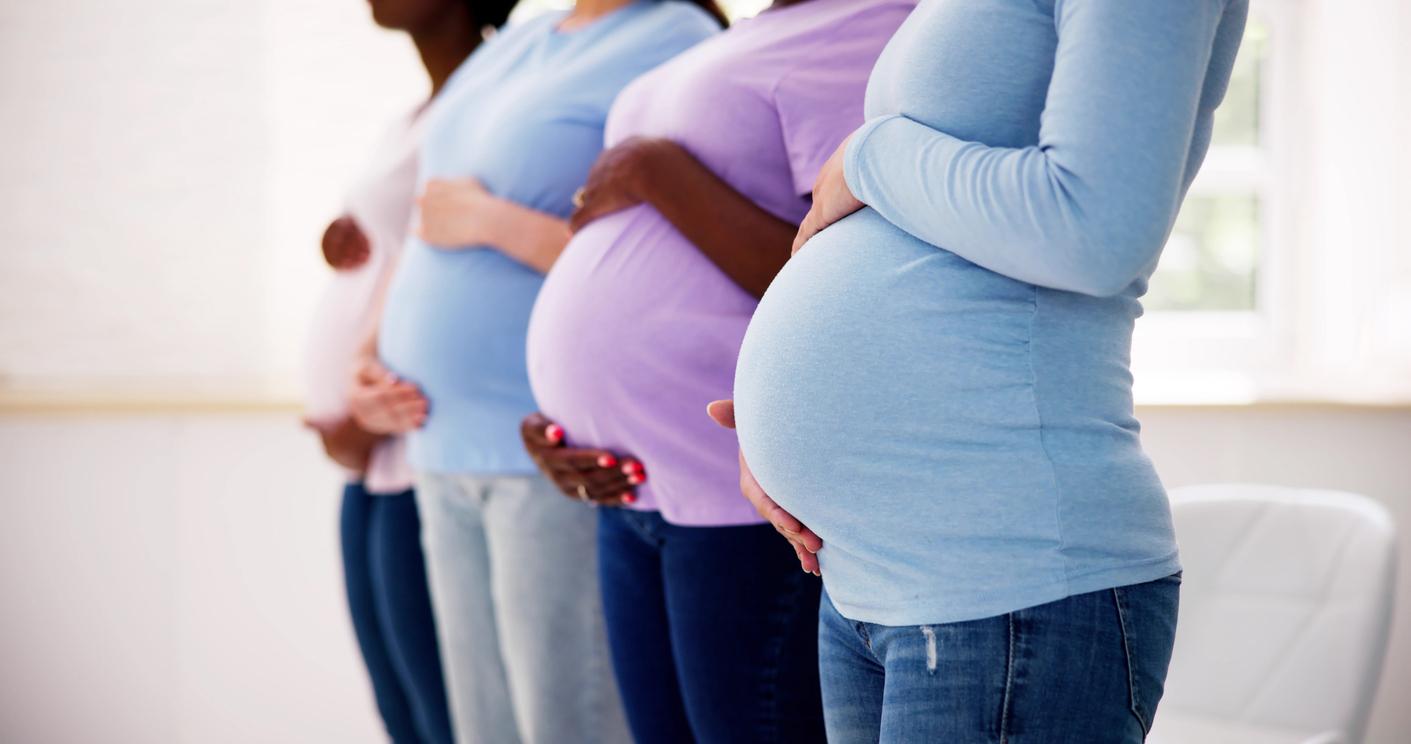The high concentration of microplastics in the placenta during pregnancy could be the cause of premature deliveries, according to a team of researchers.

- An American study reveals high levels of microplastics in premature placentas, suggesting a potential link between plastic pollution and prematurity.
- The researchers analyzed 175 placentas and found 50 % more plastic in those of early births. Twelve types of plastic, including PET and PVC, have been identified.
- Although no causality is demonstrated, microplastics are known to cause inflammation of human cells, a factor that can trigger premature work.
New proof of the link between pollution and premature deliveries? A recent study, presented at the annual Congress of the Society for Materal-Fetal Medicine in Denver (United States), reveals significantly higher levels of microplastics in premature placentas compared to those of term births. This discovery, published in the review Pregnancy and spotted by The Guardiansuggests a greater accumulation of these particles in the placenta, with concentrations much higher than those detected in the blood.
A link between plastic pollution and prematurity?
Researchers recall that premature birth is the main cause of infant mortality worldwide and that, for almost two thirds of these births, the reasons remain unknown. It is the association between air pollution and premature deliveries, already attested by other studies, which motivated the team to explore the impact of microplastics on pregnancy.
Scientists have thus analyzed 100 placentas of endless birth (37.2 weeks on average) and 75 premature births (34 weeks) from the Houston region. The results have shown a concentration of 203 micrograms of plastic per gram of fabric (µg/g) in premature placentas, more than 50 % more than the 130 µg/g found in the term placentas.
Twelve types of plastic have been identified, with significant differences for certain polymers such as PET (used in plastic bottles), PVC, polycarbonate and polyurethane. These plastics, invisible but omnipresent in our environment, can penetrate into the body via power, water or breathing.
Better understanding of the effects of microplastics
Although this study “only demonstrates an association and not a causal link”, It highlights a potential risk to human health. Microplastics are known to cause cell inflammation, a factor likely to trigger premature work. “Our research suggests the possibility that the accumulation of plastics contributes to the occurrence of premature births, summarize the authors in a press release. It is added to the growing evidence of real risks linked to exposure to plastics on health. “
Note that conventional risk factors, such as age, ethnic origin and socio-economic status, were not enough to explain the differences observed alone. Even taking into account these variables, a strong link between the presence of microplastics and prematurity remains.
Although other studies are necessary to verify this correlation, “It is therefore essential today to raise public awareness of microplastics and their potential impacts on human health”insist scientists.
















